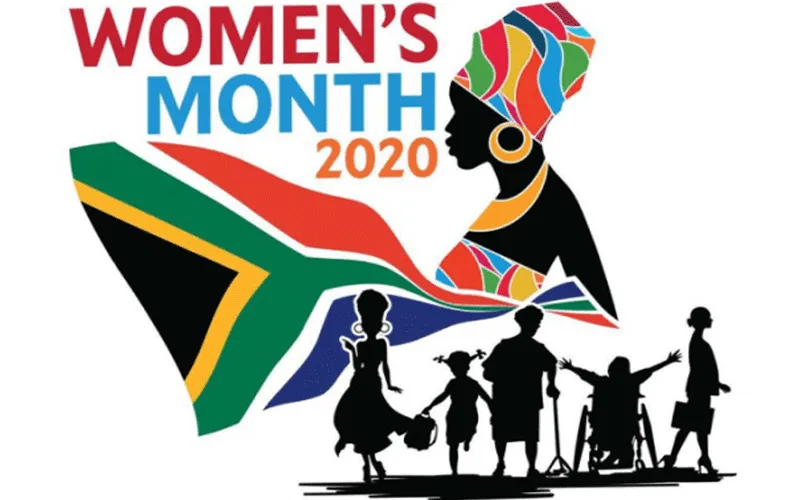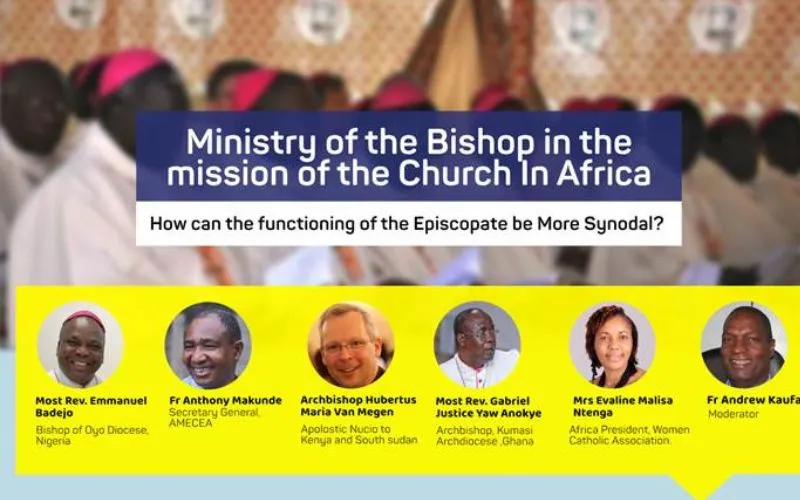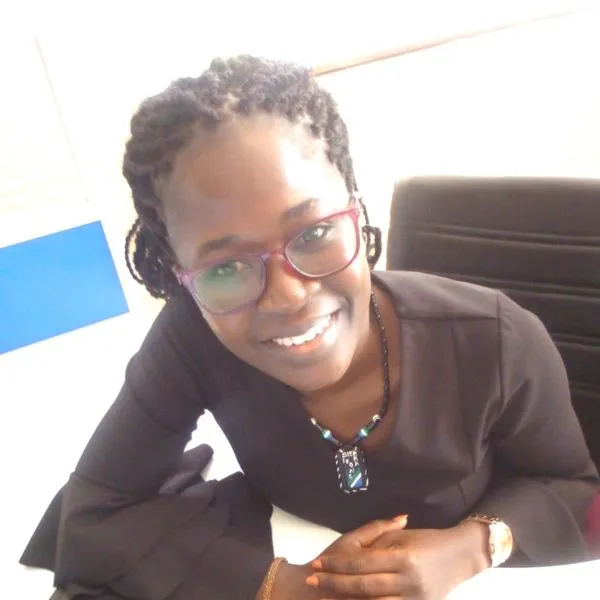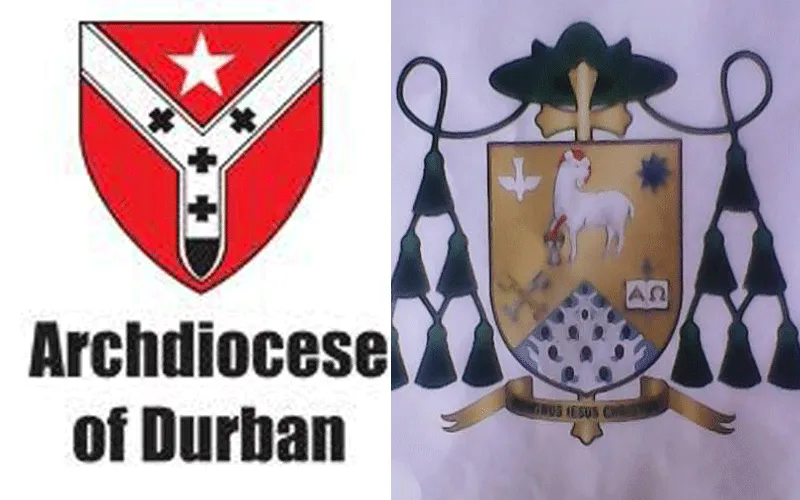“During funerals they (women) are there comforting the bereaved, ministering to them and preaching the Word of God and leading burial rites… They are the ones who are there with the dying, giving them the bread of life especially in cases where the Priest is not present,” he says.
“We value these women and we acknowledge during this month of August, which for us as Catholics is very important, being the month of the Assumption of Our Lady, the Patroness of Southern Africa. We appreciate their total self-giving, their generosity of heart and their sacrifices,” says Bishop Phalana.
He notes that in some outstations in the Diocese, Priests can only visit the people once or twice a month, and that during such times when the Priest is absent, women lay ministers lead services and where there is a tabernacle, the women also give Holy Communion.
The Prelate who advocates for gender equality discourages the feeling of domination of one gender against the other which, he says, manifests itself in the Church.
“I do not believe in domination, especially the domination of women by men. I believe that that is not the will of God. We become poorer as a Diocese without experiences of women,” he says.
(Story continues below)
“There is no room for domination and aggression against women in our Diocese. I know that the Churches’ traditionally adamant patriarchal position excludes women from any major leadership and decision-making role within the Church,” Bishop Phalana says.
He calls on the Church in South Africa to listen to the cry of women in the Church, especially those that use English language, which he says is sometimes sexist in its hymns, “in our texts and in our prayers.”
According to the Bishop of Klerksdorp, Pope Francis is very sympathetic to the issue of inclusive language and has directed Bishops’ conferences in the English-speaking countries to deliberate on the issue and to guide the Church going forward.
“We must work with the right relationships and the Catholic Church has a lot to do in this area. We cannot tolerate the liturgy of males. It must be a liturgy of men and women who are equal members of the Body of Christ. We are a Church that speaks of justice and must first be just in our actions,” says Bishop Phalana.
He adds, “Let us check sexist language and perhaps work at eradicating it. I know that we are sometimes caught in this ideological war in the Church, which is manifesting itself strongly in America where there is war between those who are open to inclusive language and those who are adamant that we keep on using language that is exclusive.”
He says that those who champion for exclusive language feel that inclusive language is the work of the devil and a sign that the Church is succumbing to feminism.
He hints on songs that collectively refer to all Christians as “sons of God” and argues that such songs are not language-inclusive.
According to the 59-year-old South African Prelate, the traditional role of women in the Church has been to pray, to pay, to obey, to clean the Church, to arrange flowers and wash the altar clothes and to go home.
“Today, however, the Church has roles open for women and thank God they are exercising those roles in our Diocese,” he says, hinting on positions such as proclaimers of the Word of God, extraordinary Ministers of Holy Communion, altar servers, Catechists, Parish finance committee members as some of the roles women can participate in.
He further notes that in the past ten years, the Church has seen more and more appointments of women in the Vatican Dicasteries and Holy See Departments, with Pope Francis establishing a commission to explore the role of women Deacons in the early Church.
“Can women become Deacons in the Catholic Church where ordinations are reserved only for men?” the Prelate poses, and adds, “Pope Francis is really interested and has put this commission together perhaps to see such possibilities within the Catholic Church.”
Agnes Aineah is a Kenyan journalist with a background in digital and newspaper reporting. She holds a Master of Arts in Digital Journalism from the Aga Khan University, Graduate School of Media and Communications and a Bachelor's Degree in Linguistics, Media and Communications from Kenya's Moi University. Agnes currently serves as a journalist for ACI Africa.








